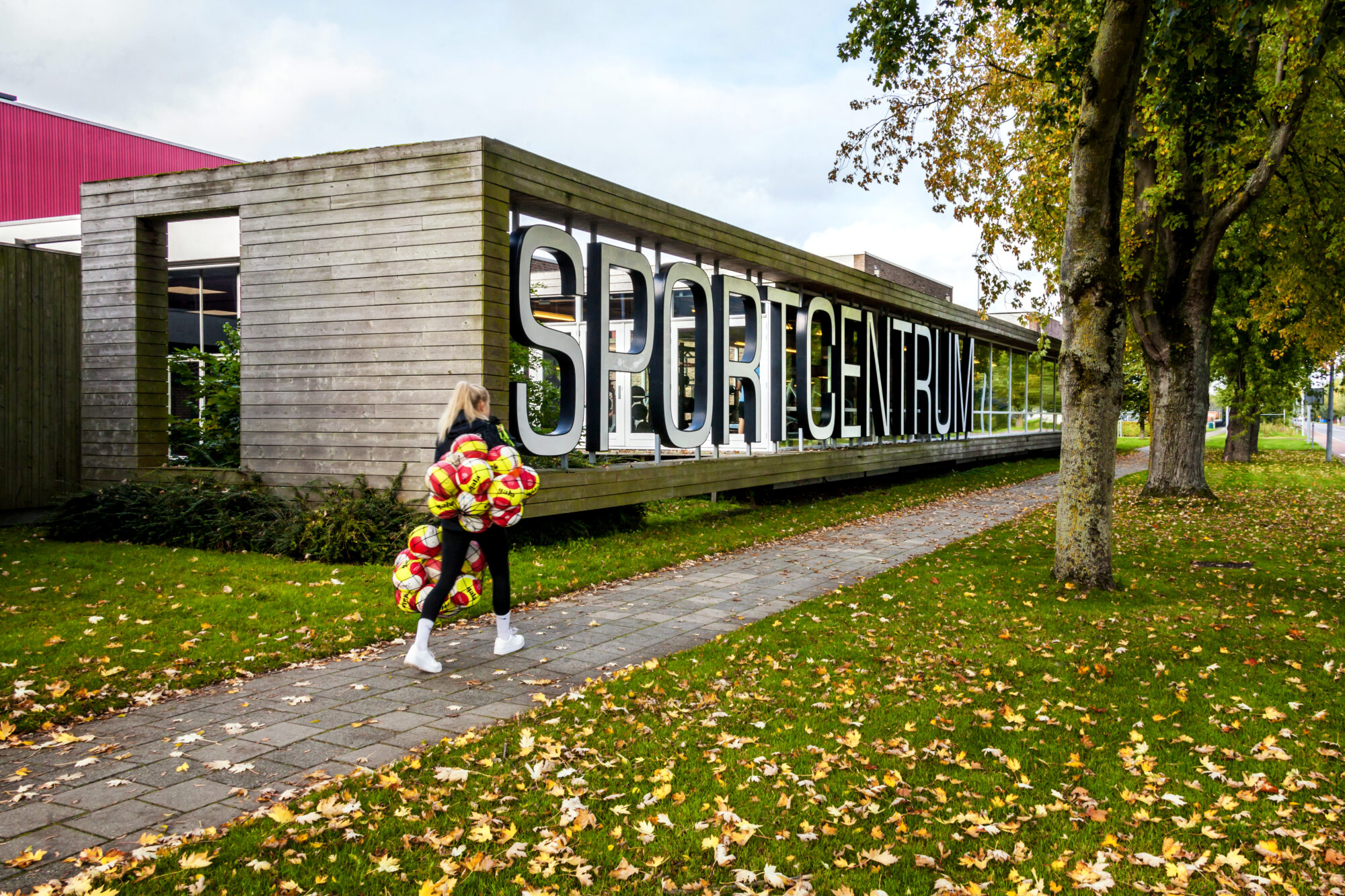Study in TopDutch
So you want to study in the TopDutch region? You’ll be in good company, with our world-class higher education programs educating over 85,000 students a year. We know deciding to up-sticks and study abroad can be a bit overwhelming, so below you can find the most important information on finding, applying and starting a study program in the TopDutch region.

Our colleges
So you’re thinking about studying in the Netherlands? Discover the TopDutch region. We host leading research universities and universities of applied sciences, and you’ll be sure to find a course that prepares you to change the world.
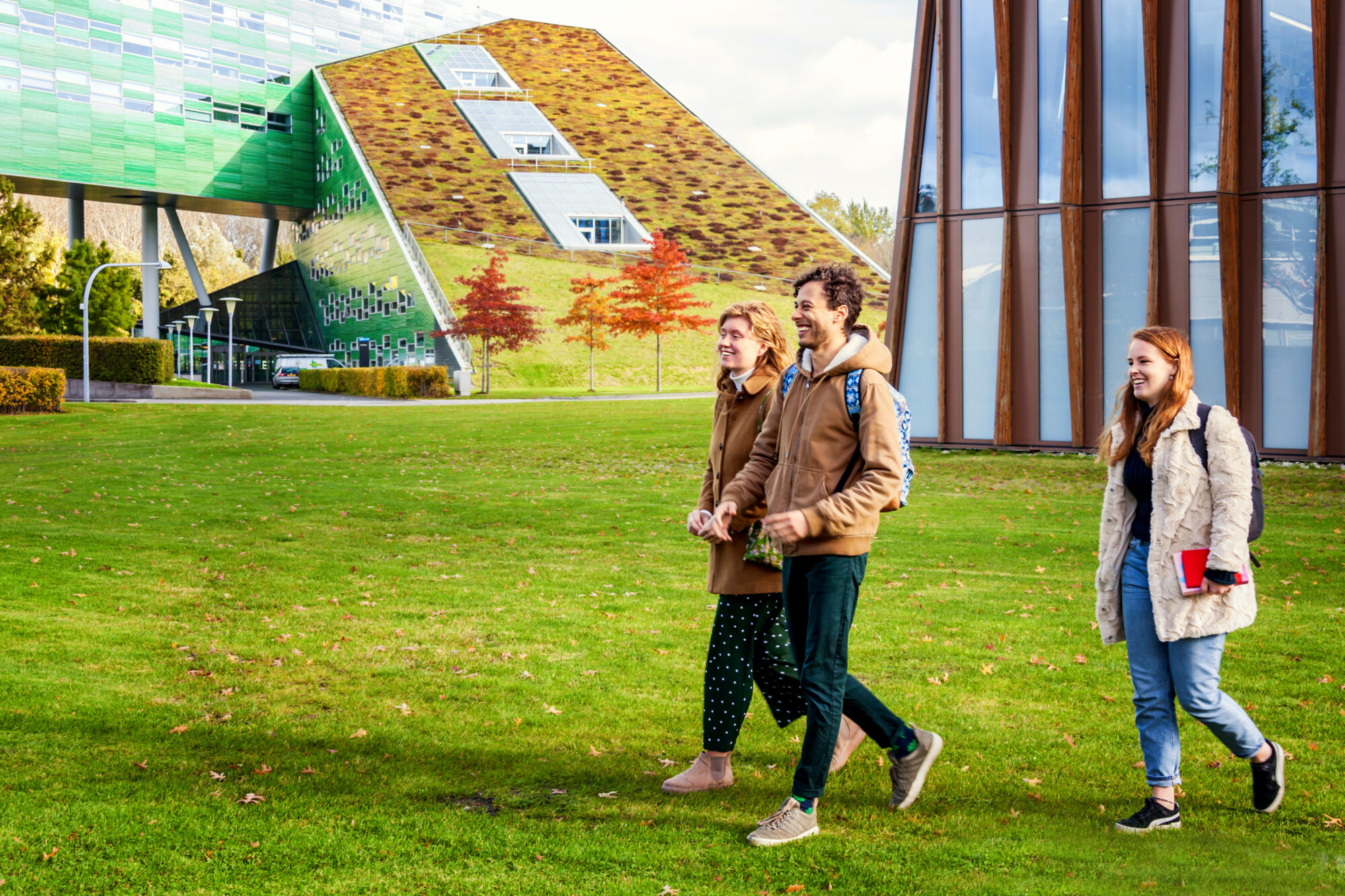
Applying to study in TopDutch
So you’ve decided to study in the Northern Netherlands! Now time for the paperwork. Here’s an overview of how to apply to study in the TopDutch region.
Read more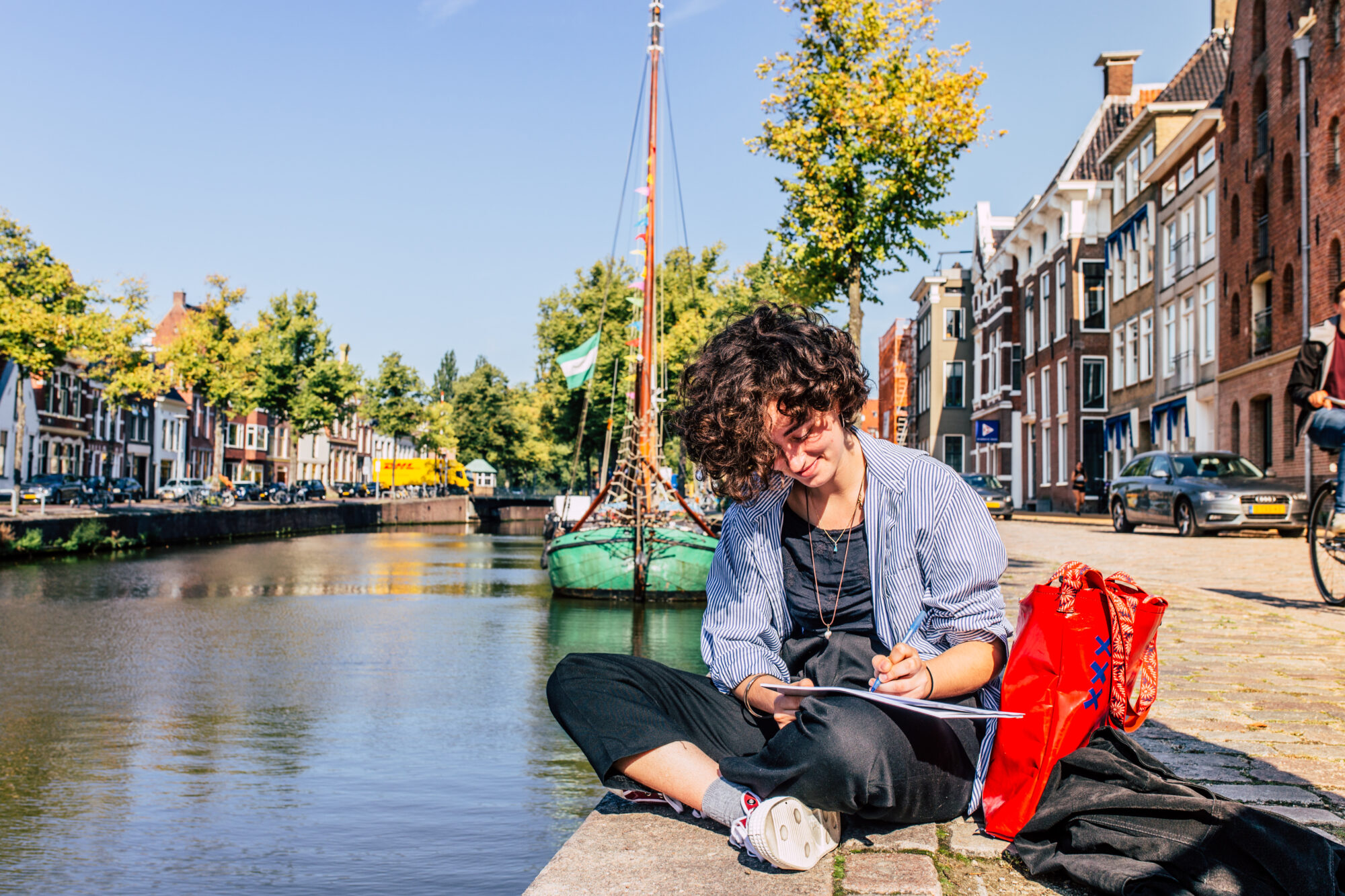
Living expenses for students
Thinking of studying in the TopDutch region? It’s important to know how much it’ll cost. Here’s an overview of the living costs for students in the Northern Netherlands.
Read more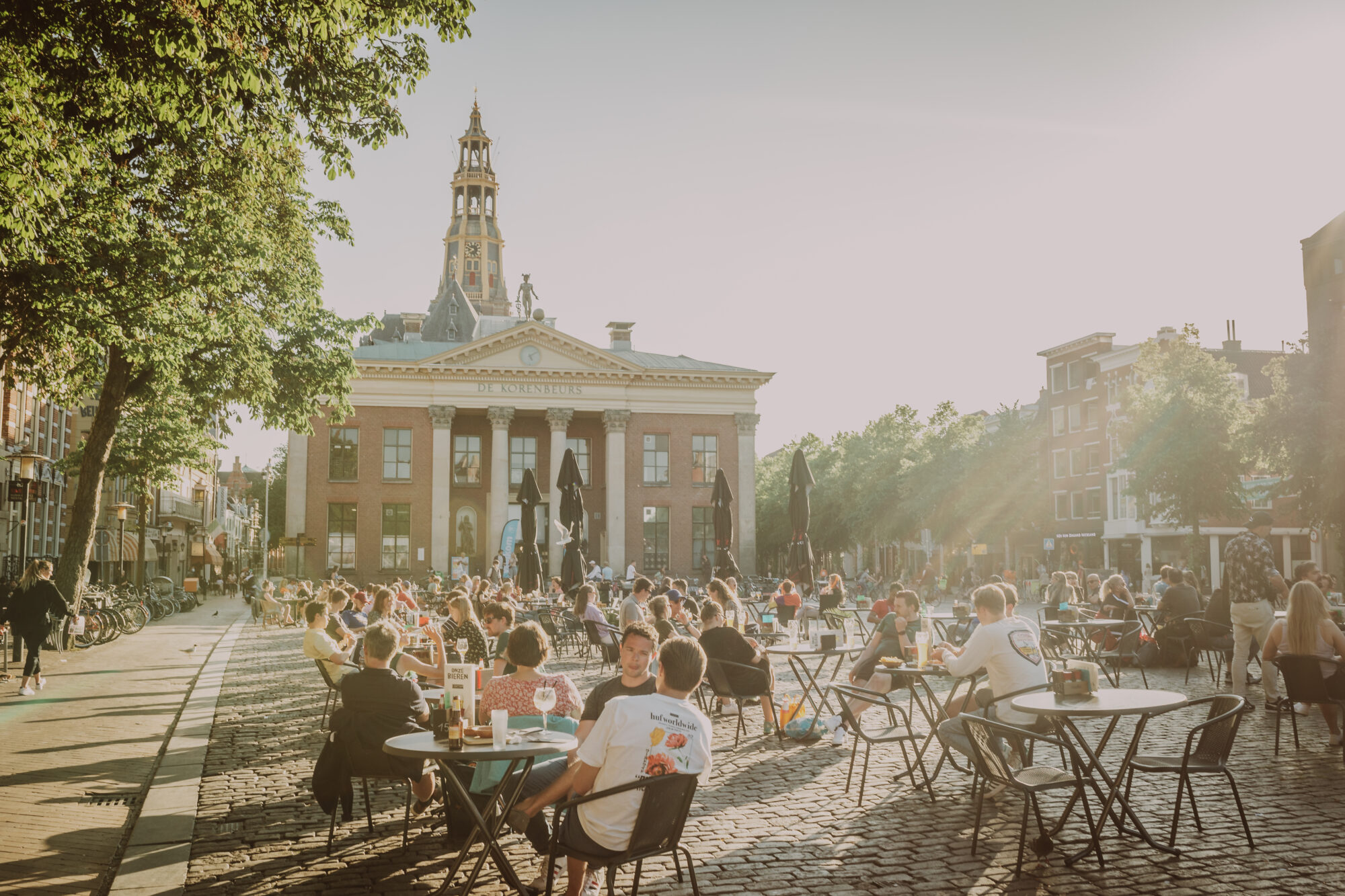
Student housing
Ready to start your student life in the TopDutch region? Next step: finding a house!
Read more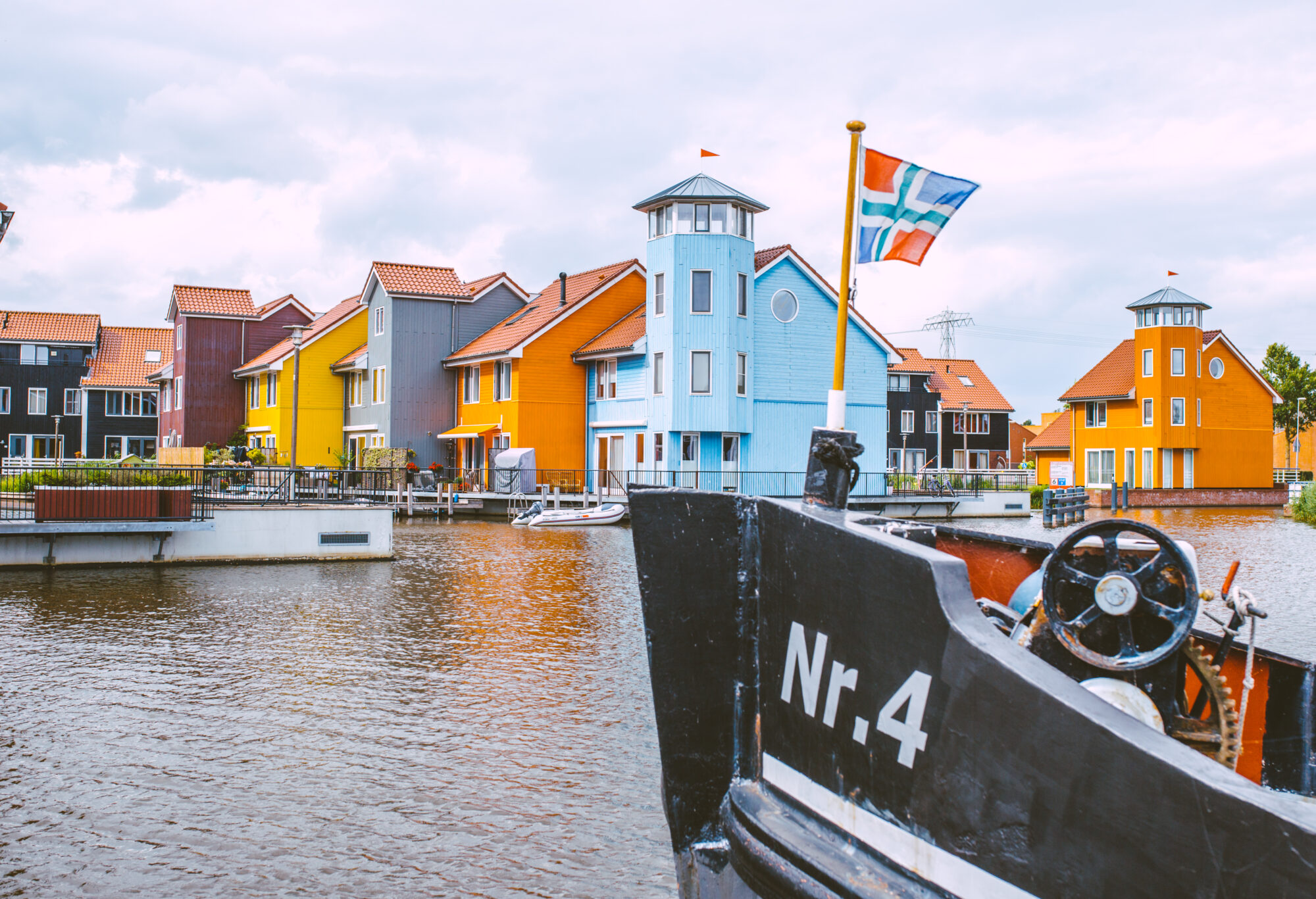
Student life
All set to start studying in the TopDutch region? Don’t worry, it won’t be all hard work! Here’s a guide to being an international student in the Northern Netherlands.
